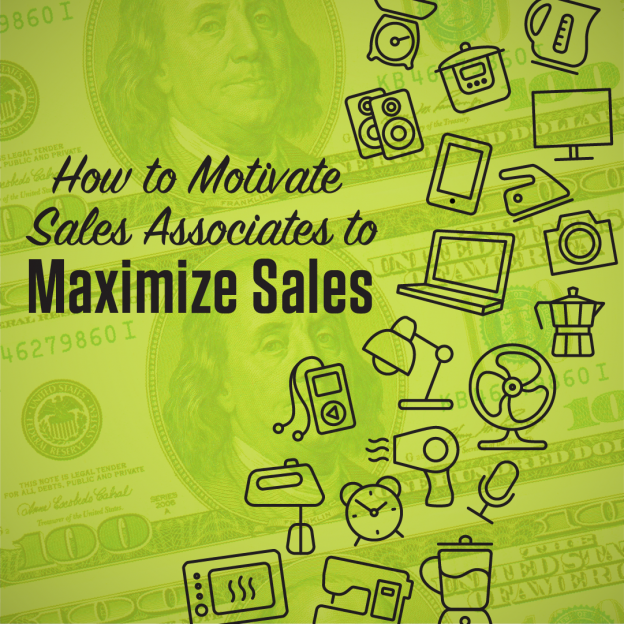How to Motivate Sales Associates to Maximize Sales
07.01.2016
Something we discuss regularly in our blog is the ongoing challenge of getting your brand to stand out in the minds of consumers. But, what about the other side of the equation? Getting retail store associates to recommend and sell your products is just as important.
Store associates receive conflicting messages about which brands and products to push on a daily basis. These messages come from brands competing for mindshare, as well as store managers looking to make their numbers. With all the noise in the sales world, it’s not surprising that most store associates are overwhelmed and feel confused on what they should be selling and why.
BDS’ Brand Advocacy team conducts trainings all over the country with store associates and managers. Below are some of the most common obstacles they face when training store associates:
- Unmotivated attendees who lack interest in the training and are unwilling to participate
- Associates who are not open to hearing about products if they conflict with their personal preference (example: “I only use Apple” or “I buy Android exclusively”)
- Those who don’t see the value in the training, especially if they are part time and do not view their current job as a permanent position
- Associates who act hostile towards the trainer (example: “You are preventing me from being on the sales floor and hitting my numbers.”)
As a manufacturer, it is frustrating to hear these obstacles. You want your training dollars to be effective, so how do you rise above the noise and engage sales associates? BDS’ team of Training experts are experienced in ensuring store associates hear what you have to say, and more importantly, see the value in your product and learn how to effectively sell your brand.
What it all boils down to is taking the time to understand your audience (the store associate), empathize with their situation, and customize training to meet their needs. Not every training solution will work for every store. Training should be customized based on the brand, product, audience, and even location of the retail store.
Our in-house experts, Scot Maurath, Learning Services Director, and Anthony Gerstner, Training Manager, shared their insight into what makes brand training effective and what is most likely to motivate employees in order to maximize sales.
Hands-On Training
If you want a store associate to know how your product works and be able to recommend it to a customer with confidence, hands-on training can prove to be a huge benefit. Whether a Trainer guides associates through product features and uses, or simply allows associates to try any and all features of your product without guidance, they are sure to leave the training session with a better understanding of your product and how it works.

Instant Gratification Incentives
When Trainers go into stores to conduct a training session, being able to instantly reward individuals who know the information reinforces the positive behavior. It turns the learning process into a game, and allows the sales associates to gain a tangible reward and/or acknowledgement in front of their peers and managers without having to wait or perform additional tasks. Trainers can give gift cards at their discretion, or can work with store managers to provide other incentives to the individual.

Themed Training Campaigns
Themed campaigns that last from a couple of weeks to a few months help build momentum and reinforce brand messaging. This type of training is shown to be more effective than one-time training sessions because it allows the store associates to spend time with the material, and puts the message in front of them on an ongoing basis. This type of training also helps create friendly competition among store associates to see who can sell more.

Push/Pull Strategy
A push/pull type of training builds anticipation and works especially well for reward-motivated employees. An example would be providing a one-time training incentive where the participant would receive a $20 gift card for completing the training (push), which then triggers the associate to want to earn additional rewards and ask when the next time the trainer will be in store (pull).

No matter which training method you use, the most important thing to remember is to customize it to your audience. Every training session should first sell the retail sales associate on how this information will benefit THEM, before you talk about your brand or your product’s benefits.
If you need help creating an effective training program that will motivate retail store associates and increase sales for your brand, contact BDS. We work with brands of all sizes and are experts when it comes to customizing training. Our Brand Advocacy services can help solve any training problem you have. Contact us today!